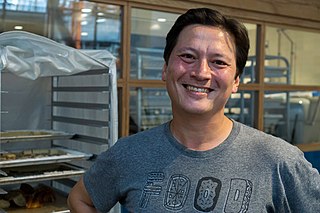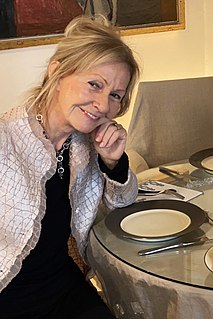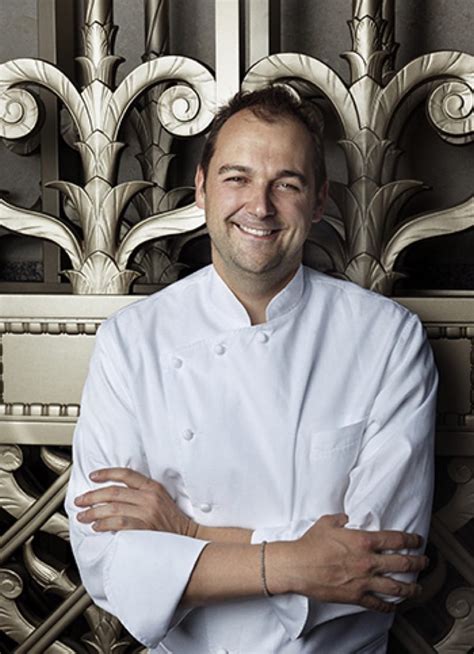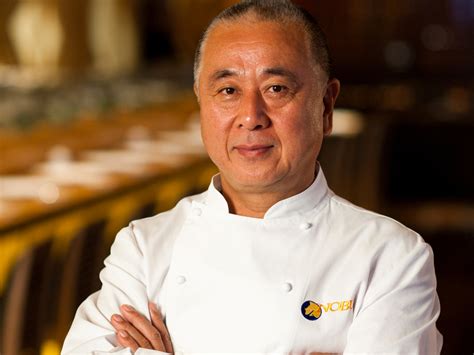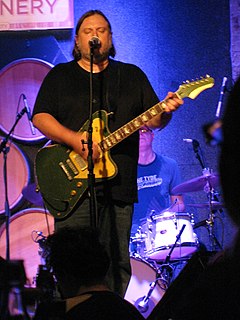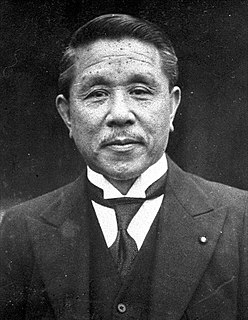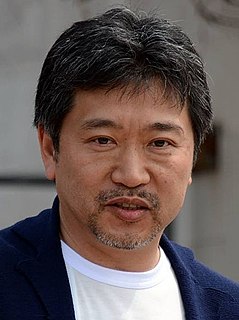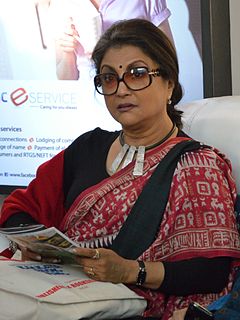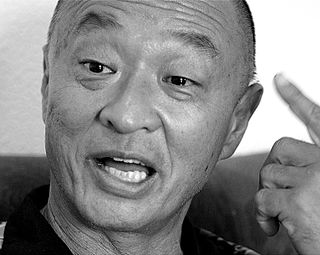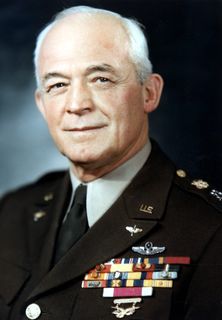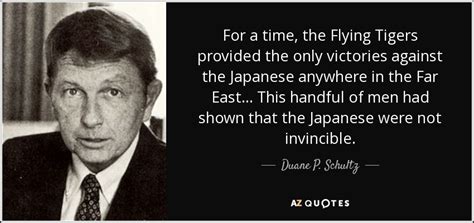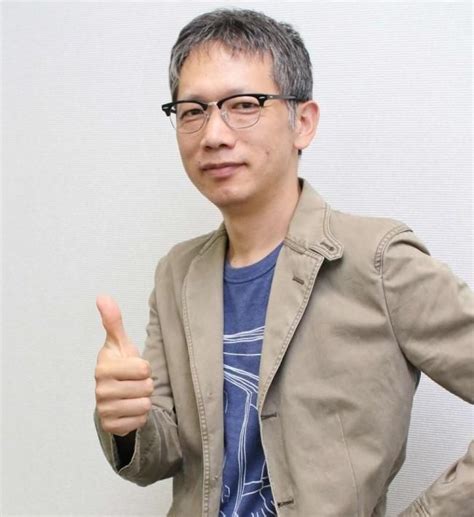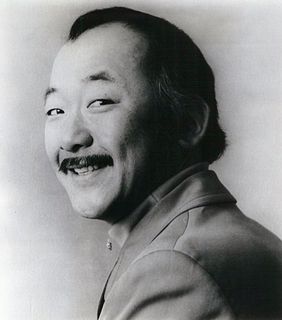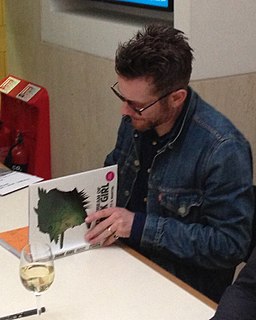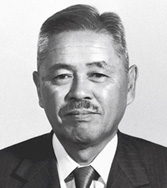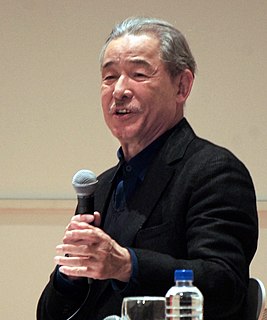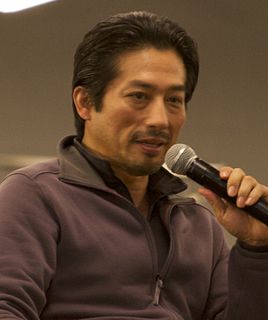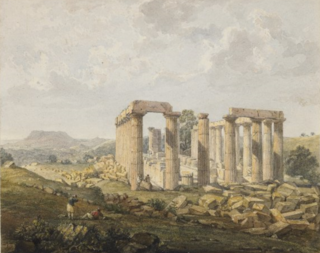Top 1200 Japanese Food Quotes & Sayings - Page 2
Explore popular Japanese Food quotes.
Last updated on November 21, 2024.
I investigated reported Japanese atrocities committed by the Japanese Army in Nanking and elsewhere. Verbal accounts of reliable eyewitnesses and letters from individuals whose credibility is beyond question afford convincing proof that the Japanese Army behaved and is continuing to behave in a fashion reminiscent of Attila and his Huns. Not less than 300,000 Chinese civilians were slaughtered, many in cold blood.
Playing Japanese characters and being in environments that are Japanese, like a character's apartment or whatever, if you have directors or art directors who just don't know what' s what with Japanese culture, then pretty soon something's just passed through. I've been through many times where I've pointed out the incorrectness of so much of what's been done to a set.
We made our debut in Japan about few years ago and when we went on a morning show there to promote our album, I did a brief interview in Japanese using simple expressions such as "Yoroshiku onegaishimasu." But one of the members of our group said, "Stay quiet if you can't speak Japanese! It's embarrassing!" So that's when I told myself that I'd show how good I am by studying Japanese hard.
Keanu Reeves learned a lot, respecting the culture. I was surprised when I first met him. He knew a lot already and he learned a lot. And also he learned Japanese. It's incredible. On the set, switching between the Japanese and English, even for us, is very hard. It's complicated. But the first time Keanu spoke in Japanese it was a very important scene between us, and more than the dialogue's meaning, I was moved. His energy for the film, completely perfect Japanese pronunciation. It was moving, surprising, respecting.


